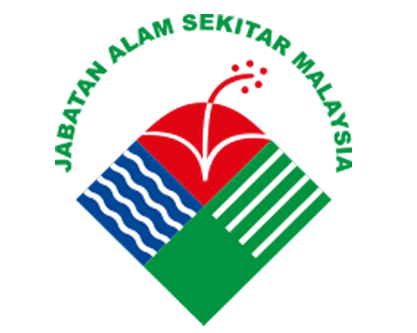AWG CC
ASEAN Working Group on Climate Change (AWGCC) was established in 2009 and is envisaged to be a consultative and collaborative platform to:
- Enhance regional cooperation and action to address the adverse impacts of climate change on socio-economic development in ASEAN Member States; including through cooperation and information sharing with other stakeholders such as private sector, local community, regional and international partners, etc;
- Formulate the regions interests, concerns and priorities in an ASEAN Joint Statement on Climate Change to be articulated at annual UNFCCC COP sessions; and
- Serve as a consultative forum to promote a coordination and collaboration amongst various ASEAN Sectoral Bodies dealing with sectors impacted by climate change such as energy, forestry, agriculture, transportation, science and technology, disaster management, etc, to enhance the coordination and integration of efforts in addressing climate change.
AWG ESC
The ASEAN Working Group on Environmentally Sustainable Cities (AWGESC) was established to intensify cooperation in addressing problems associated with urban environmental management and governance to achieve sustainable development as well as promoting a clean and green environment.
Brosur ASEAN Environmental Sustainable Cities (ESC) Model Cities Programme
AWG EE
The ASEAN Working Group on Environmental Education (AWGEE) oversees and coordinates the implementation of the ASEAN Environmental Education Action Plan (AEEAP) 2014-2018. The working group is also guided by the ASCC Blueprint 2009-2015 which aims to “establish a clean and green ASEAN, rich in cultural traditions where the values and practices of the people are in accordance with the rhythm and harmony of nature, with citizens who are environmentally literate, imbued with the environmental ethic, and willing and capable to ensure the sustainable development of the region through environmental education and public participation efforts.”
AWG CW
ASEAN Working Group on Chemicals and Waste (AWGCW) was established to serve as a consultative platform among ASEAN Member States to further strengthen regional coordination and cooperation in addressing chemicals-related issues under relevant multilateral environmental agreements such as Basel Convention, Rotterdam Convention, Stockholm Convention, and Minamata Convention, as well as internationally agreed-upon systems such as the Globally Harmonized System of Classification and Labeling of Chemicals (GHS).
AWG CME
ASEAN Working Group on Coastal and Marine Environment (AWGCME) aims to ensure ASEANs coastal and marine environment are sustainably managed; representative ecosystems, pristine areas, and species are protected; economic activities are sustainably managed; and public awareness of the coastal and marine environment instilled.
AWGCME will also function as a consultative forum to promote coordination and collaboration among various relevant ASEAN and other regional marine-related initiatives to ensure a well-coordinated and integrated approach to the conservation and sustainable management of the coastal and marine environment





